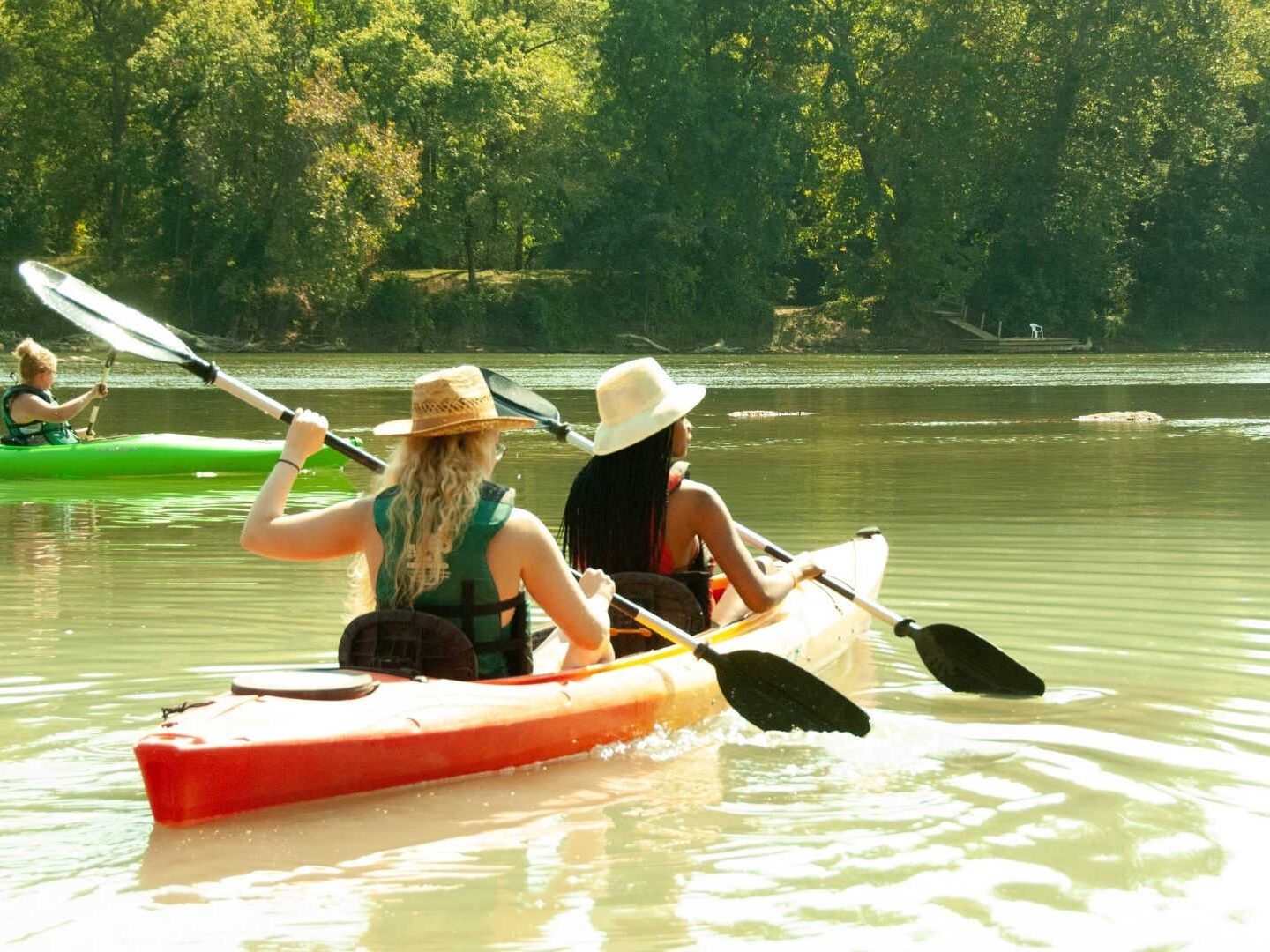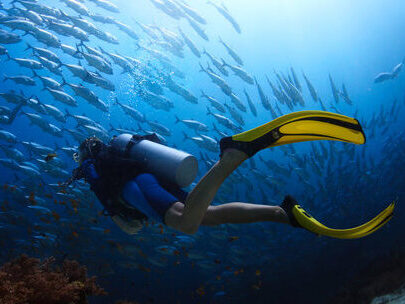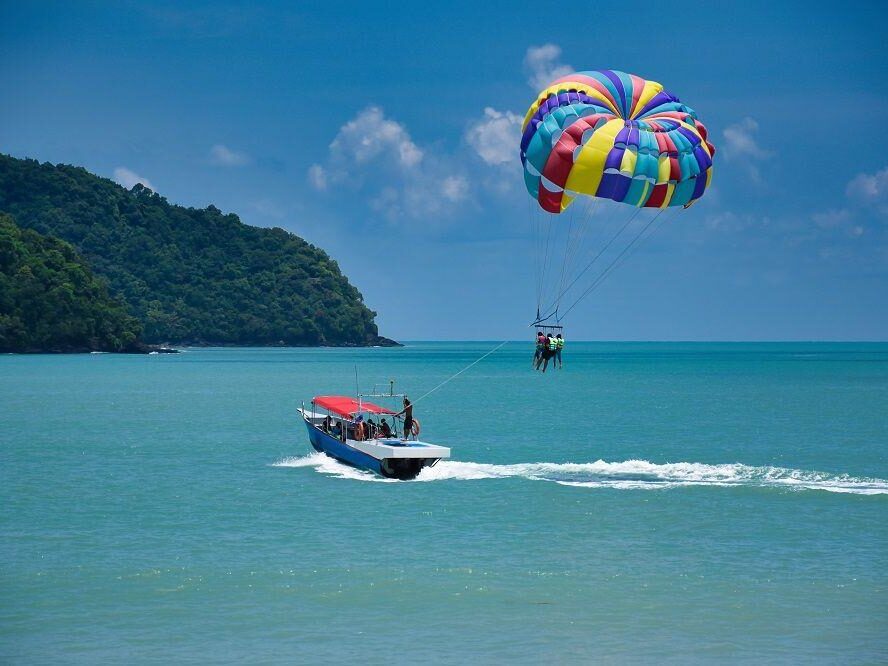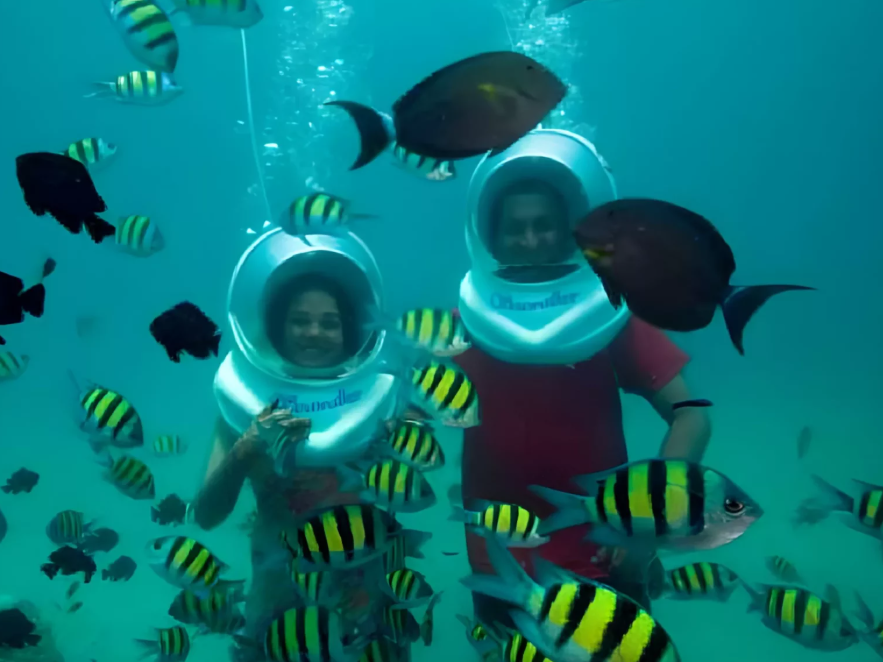Andaman Islands
(8)
(5)
(5)
(5)
Andaman Visit Kayaking
Port Blair, Neil, Havelock

Kayaking

Scuba Diving

Parasailing

Sea Walk
Kayaking in the Andaman and Nicobar Islands is a serene yet adventurous way to explore its mangroves, lagoons, and coastal waters, perfectly complementing your interest in scuba diving, snorkeling, parasailing, and sea walking. It’s budget-friendly, beginner-friendly, and ideal for non-swimmers, offering an up-close experience with nature. Based on your preference for ultra-budget and comprehensive travel options, here’s a concise guide to kayaking in the Andamans:
Best Places for Kayaking
- Havelock Island (Swaraj Dweep):
- Radhanagar Beach to Kalapathar Beach: A scenic coastal kayaking route with calm waters and stunning views of turquoise seas and white sands. Ideal for beginners.
- Mangrove Kayaking: Paddle through Havelock’s lush mangrove creeks, rich with biodiversity like crabs, fish, and birds. Guided tours are popular here.
- Port Blair (Sri Vijaya Puram):
- Chidiya Tapu: Known for its mangrove-lined creeks and sunset views, offering a tranquil kayaking experience through dense forests and calm waters.
- North Bay Island: Coastal kayaking with views of coral reefs and marine life, though less common than mangrove kayaking.
Best Time to Kayak
- October to May: Ideal for calm seas, clear skies, and pleasant weather (26–30°C). Perfect for daytime and night kayaking (especially for bioluminescence).
- Monsoon Season (June to September): Not recommended due to rough seas and heavy rain, though mangrove kayaking in sheltered creeks is possible with caution.
- Night Kayaking: Best in April–May for bioluminescent waters, when plankton glows under clear skies.
Eligibility and Requirements
- No Swimming Skills Required: Life jackets ensure safety for non-swimmers with guides are available for beginners.
- Age Limits: Typically 10–60 years. Children as young as 5–6 with an adult or guide.
- Health: Suitable for most, but not recommended for those with severe back issues or mobility limitations. No medical certificate required.
- Training: No prior experience needed. A 5–10-minute briefing covers paddling techniques and safety protocols.
- Safety: Wear life jackets, follow guide instructions, and avoid standing in the kayak. Night kayaking requires extra caution and group travel.
What to Expect
- Experience: Paddle through calm waters, mangroves, or coastal routes, spotting marine life (fish, crabs), birds (kingfishers, herons), and mangroves. Night kayaking offers a magical bioluminescent experience as plankton glows with each paddle stroke. Sessions last 1–3 hours, with guides sharing insights on local ecosystems.
- Equipment: kayaks, paddles, and life jackets provided. Wear quick-dry clothing and sunscreen.
- Wildlife and Scenery: Mangroves, exotic birds, and occasional dolphins or turtles in coastal waters. Bioluminescence creates a starry effect at night.